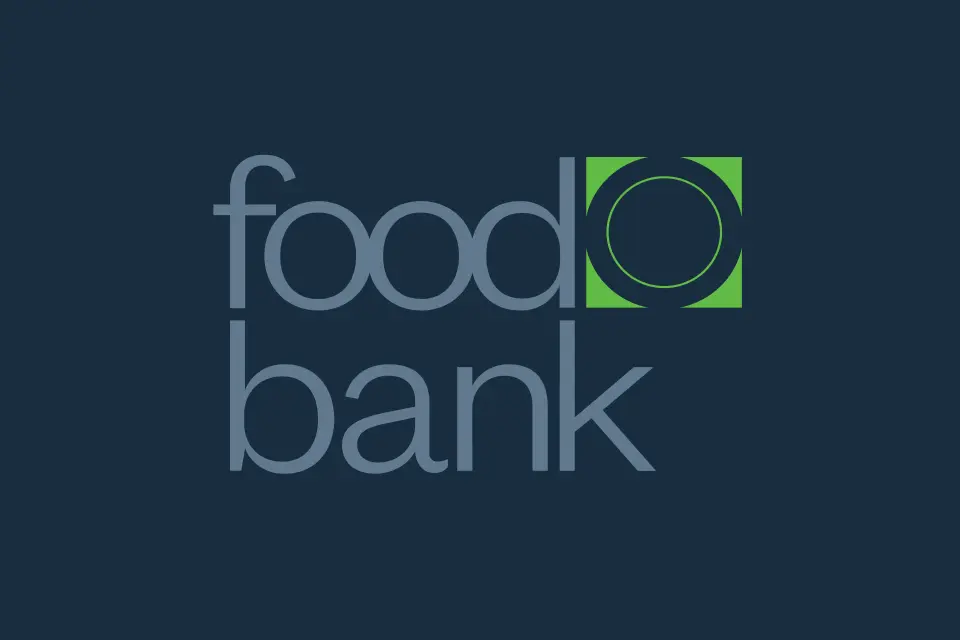Our Statement on USDA Elimination of Vital Hunger Data
Hunger Action Month is an important time for communities to bring dedicated attention and effort to the fight against food insecurity, and our friends at Blue Cross Blue Shield of North Carolina (BCBS) turned out in a big way to cap off this year’s push.
On September 30, our central distribution center in Raleigh welcomed over 150 Blue Cross Blue Shield volunteers to sort and pack food kits headed out to our network of local pantries and delivery programs. The group was so large that the assembly line stretched across the full length of our 85,000 sq ft warehouse. In a single shift, BCBS volunteers assembled enough kits to fuel more than 41,000 meals for local families!
The support from Blue Cross Blue Shield comes at a critical time. Pantries and meal sites throughout the region are reporting as much as 60% more visits from community members in recent months — and that’s at a time when hunger was already at a near 20-year high. Neighbors from all walks of life are facing impossible choices: a parent laid off from work who can’t afford childcare, a senior needing $500 a month for medicine, and a college student who doesn’t know if they should buy dinner or books.
Through ongoing volunteer engagement, financial support, and growing investments in ‘Health Through Food’ efforts, BCBS is helping neighbors succeed and thrive by improving access to nutritious food.
View a map of county-level hunger impact derived from this data.Our work would not be possible without Blue Cross Blue Shield and their dedicated volunteers.
Just one large-scale ‘volunteer takeover’ can fuel more meals than a week of smaller shifts. This means more food is available for more than 607,000 neighbors who face hunger in our area.
– Jason Kanawati Stephany Food Bank Vice PresidentPoliticians in Washington voted to slash the federal safety nets that help millions of people in North Carolina afford food and medicine. They know their decisions will worsen our hunger crisis, and now they're attempting to hide the evidence by eliminating impact data that has been available to the public for decades.
Administrative changes at the USDA can't erase the reality our communities face every day: the price of groceries remains out of reach for far too many families — and more people are seeking food assistance today than any point in the past 20 years.
Our hunger relief network relies on this data to target resources where they're needed most, especially in rural communities where services are more difficult to access. The General Assembly and state agencies need reliable data to make smart investments in the most effective programs. This information takes even greater importance when tight budgets require tough decisions — and there are no shortage of difficult fiscal discussions underway right now.
We need our Members of Congress to understand the impact this irresponsible decision will have on kids, seniors, and people with disabilities across North Carolina. It's incredibly important that we all make our voices heard and urge elected leaders to restore vital hunger data.
Like the team at Blue Cross Blue Shield, we firmly believe that access to healthy food is critical to health and well-being.
At a time when the cost of food and other essentials remains out of reach for far too many families in North Carolina, our shared work is more important than ever. Our friend Lori Taylor, who leads Health Through Food efforts at BCBS, spoke with media outlets about the importance of our partnership.
– Jason Kanawati Stephany Food Bank Vice PresidentPoliticians in Washington voted to slash the federal safety nets that help millions of people in North Carolina afford food and medicine. They know their decisions will worsen our hunger crisis, and now they're attempting to hide the evidence by eliminating impact data that has been available to the public for decades.
Administrative changes at the USDA can't erase the reality our communities face every day: the price of groceries remains out of reach for far too many families — and more people are seeking food assistance today than any point in the past 20 years.
Our hunger relief network relies on this data to target resources where they're needed most, especially in rural communities where services are more difficult to access. The General Assembly and state agencies need reliable data to make smart investments in the most effective programs. This information takes even greater importance when tight budgets require tough decisions — and there are no shortage of difficult fiscal discussions underway right now.
We need our Members of Congress to understand the impact this irresponsible decision will have on kids, seniors, and people with disabilities across North Carolina. It's incredibly important that we all make our voices heard and urge elected leaders to restore vital hunger data.
Entry 12886
Noticias y actualizaciones
Ver todas las noticias
Market on Greenfield Celebrates One Year Serving Wilmington Families

Food Resources & Support for Families in Richmond County

Honoring Governor Jim Hunt’s Legacy

Black History and the Fight to End Hunger
Manténgase conectado con el Banco de Alimentos
Regístrese para recibir correos electrónicos con actualizaciones, recursos y formas de participar.